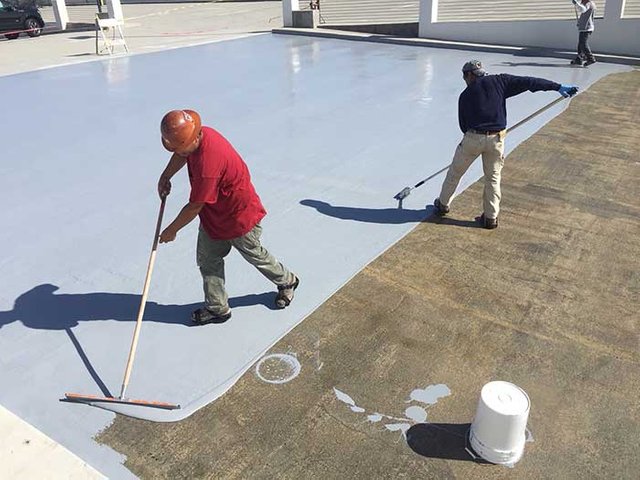
Introduction
When it comes to safeguarding your most significant investment, your home, protecting the exterior is just as crucial as maintaining the interior. The elements, pests, and wear and tear can all take a toll on the outside of your house. In this ;protecting exterior of your house
Why Exterior Protection Matters
The exterior of your house serves as the first line of defense against various threats, making it vital to keep it well-maintained and fortified. Here's why it's crucial:
- Weather Resistance
Extreme weather conditions, such as heavy rain, snow, and UV rays, can deteriorate your home's exterior over time. Proper protection can shield it against these elements. - Pest Prevention
Pests like termites, ants, and rodents can damage the structure of your home from the outside. Effective protection methods can keep these intruders at bay. - Curb Appeal
A well-kept exterior not only protects your home but also enhances its visual appeal. A beautiful exterior increases property value and leaves a lasting impression on guests and potential buyers. - Cost Savings
Preventive measures are often more cost-effective than extensive repairs. Protecting your exterior can save you money in the long run.
Protecting Your Home's Exterior: Step by Step
Now that we understand the importance of exterior protection, let's dive into the steps you can take to ensure your house stands strong for years to come.
H1: Regular Cleaning and Maintenance
The foundation of exterior protection starts with routine cleaning and maintenance. Here's how to do it:
H2: Power Washing
Power washing your house's exterior can remove dirt, mildew, and grime. Make sure to choose the right pressure level to avoid damage.
H2: Inspect and Repair
Regularly inspect for cracks, chipped paint, or damaged siding. Promptly repair any issues to prevent further damage.
H1: Weatherproofing
Protecting your home from the elements is paramount. Consider these steps:
H2: Sealing Cracks and Gaps
Seal any gaps or cracks in your exterior to prevent moisture infiltration.
H2: Quality Paint and Sealant
Invest in high-quality paint and sealants to protect against UV rays and moisture.
H1: Pest Control
Preventing pest infestations is vital. Here's how to keep unwanted guests away:
H2: Regular Pest Inspections
Schedule regular inspections to catch infestations early.
H2: Seal Entry Points
Block potential entry points for pests, such as gaps around windows and doors.
H1: Landscaping and Drainage
Effective landscaping and drainage solutions can prevent water damage:
H2: Proper Grading
Ensure that your yard is graded away from your home to prevent water from pooling near the foundation.
H2: Gutter Maintenance
Regularly clean and maintain your gutters to ensure proper water drainage.
H1: Protective Coatings
Consider protective coatings for various exterior materials:
H2: Wood: Stains and Sealers
Apply stains and sealers to protect wooden surfaces from moisture and UV damage.
H2: Masonry: Waterproofing
Use waterproofing products on masonry to prevent water infiltration.
Conclusion
Protecting the exterior of your house is essential for its longevity, aesthetics, and overall value. By following these steps and investing time and effort into maintenance, you can ensure your home remains a safe and beautiful haven for years to come.
FAQs - How often should I power wash my house's exterior?
It's recommended to power wash your house once a year to keep it clean and free from grime and mildew. - What type of paint is best for exterior protection?
High-quality latex or acrylic paints are excellent choices for exterior protection due to their durability and weather resistance. - Can I prevent pest infestations without using chemicals?
Yes, you can use natural remedies and preventive measures like sealing entry points and maintaining a clean environment to deter pests. - Is landscaping essential for exterior protection?
Proper landscaping can help with drainage and prevent water damage, making it an important aspect of exterior protection. - How can I tell if my gutters need cleaning?
If you notice water overflowing from your gutters or plant growth in them, it's time for a cleaning.